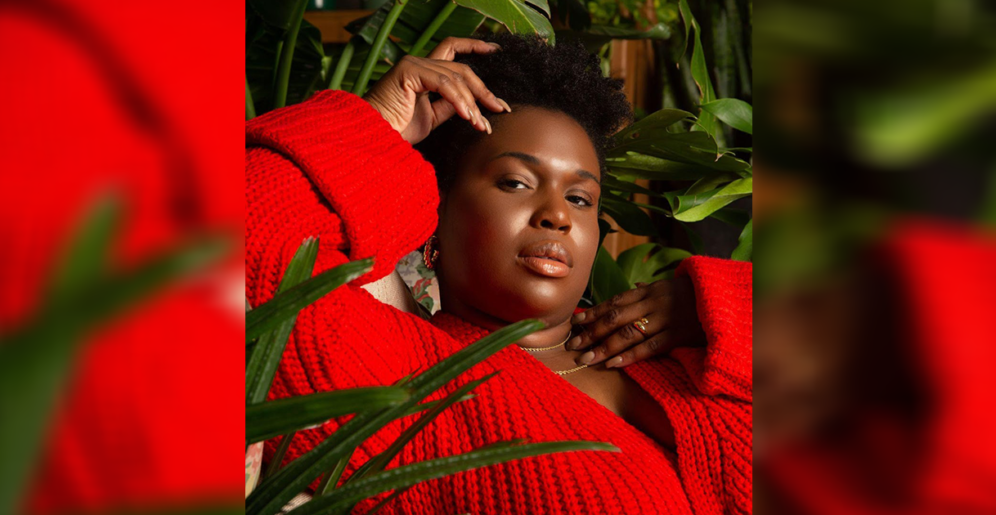
BeautyHealthOpinion
Pretending Fatphobia Doesn’t Exist Won’t Make It Go Away
While conversations about racial equity and inclusion permeate all industries and, culturally, we’ve reached our highest level of understanding about gender and sexual fluidity – somehow, fatphobia is still a thing. And it’s a much more dangerous thing than a lot of people realize.
Despite a movement towards body positivity in recent years, fatphobia or weight bias remain subtly ingrained in our interactions, the way we applaud celebrity weight loss, for example. If you are a person of weight, you’ve likely experienced microaggressions related to your weight, like your waitress immediately directing you to the “lighter” options on the menu. Regardless of your size, you may have subconsciously participated in fat-shaming yourself by, for example, commenting how brave a plus-size woman is for posting a photo in a crop top.
Most often, however, fatphobia is disguised as a health concern.
Focusing on weight as a health factor does more harm than good
In addition to its existence in pop culture or even impacting the decisions of hiring managers, studies show that weight stigma is most prevalent – and does the most harm – in the world of medicine. According to BMC Medicine, high levels of anti-fat bias among healthcare providers often lead to obese or overweight patients receiving poorer care, leading to worse health outcomes.
“When you come into the doctor as a higher-weight woman, if your complaint could be related to your body weight, that’s what it will often be assumed to be,” says Mary Hemmelstein, Ph.D., a Kent State University professor who studies weight stigma’s impact on health.
At the onset of the COVID-19 pandemic, obesity as a “comorbidity” was being used to explain a higher death rate among Black people and other people of color, even though, according to the CDC, there’s only a 7-percentage-point difference between the rate of obesity in white and Black populations.
“There is plenty of evidence to suggest that COVID fatalities or maybe even serious complications with COVID-19 are being influenced by people’s environments,” author Sabrina Strings told NPR at the time.
Call It Out So We Can All Grow
In America, obesity as a health “catch-all” or cultural cop-out tends to impact Black people most. So rather than having conversations about food deserts, we’re led to studies and think pieces about how unhealthy Soul Food is.
The reality is, studies have proven, time and again, that fitness and fatness can co-exist… even if scientists insist on calling this the “obesity paradox.” The shifting conversations about what a healthy body looks and feels like have also led to research about size diversity and tips on being healthy at every size.
In other words,
True body positivity does not come from avoiding the word fat or “yass girl”-ing your favorite plus-size influencer’s selfies.
It’s time to check our individual attitudes stop correlating the size of Black bodies, or the meals on our plates, to health.

Get The Latest
Signup for the AFROPUNK newsletter




